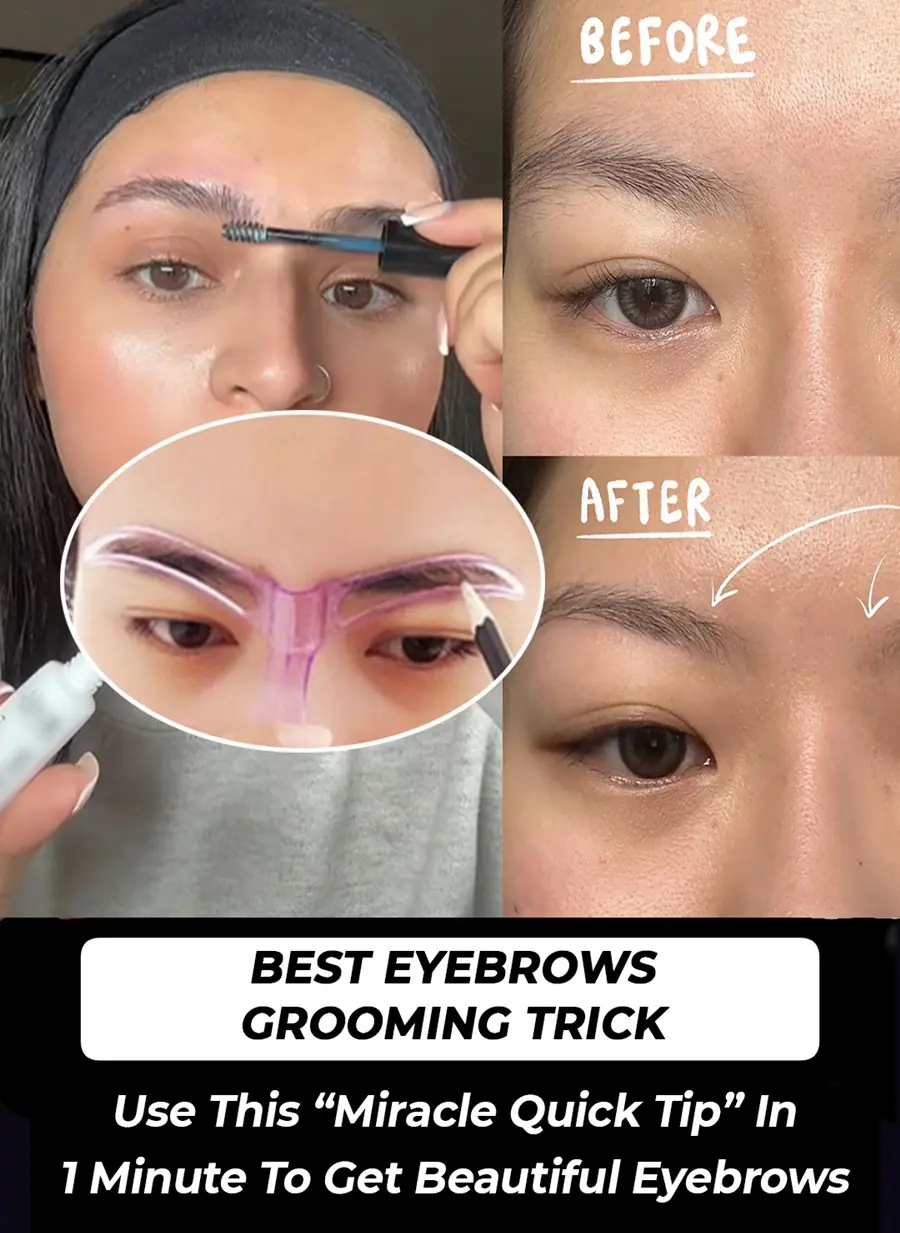
How to Get Rid of Bad Breath (Halitosis): Scientifically Proven Home Remedies
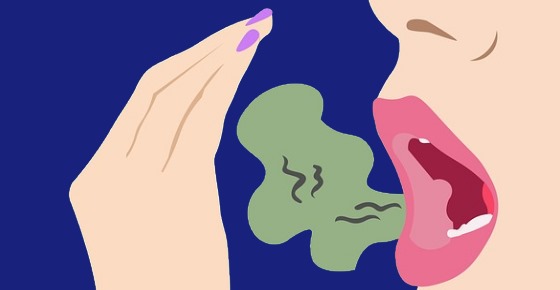
Bad breath (halitosis) can be embarrassing, stressful, and socially limiting. In most cases, it’s caused by bacteria in the mouth that produce foul-smelling compounds—but sometimes the source is deeper, like gum disease or digestive issues.
Good news: with the right habits and a few simple home remedies, you can often dramatically improve (or completely fix) bad breath.
Why Does My Breath Smell?
Common Mouth-Related Causes
Most bad breath starts in the mouth, not the stomach.
Researchers estimate that around 90% of halitosis is due to oral causes such as:
-
Bacteria on the tongue and teeth – especially those that produce sulfur compounds (the “rotten egg” smell).
-
Plaque and tartar buildup – can lead to gum inflammation and infection.
-
Dry mouth – saliva normally rinses away food particles and bacteria. When the mouth is dry (after sleep, due to certain meds, or breathing through the mouth), odors build up.
-
Strong-smelling foods – garlic, onions, coffee, certain cheeses, and fish leave lingering odors.
-
Smoking – dries the mouth, damages gums, and adds its own strong odor.
When It’s Not Just the Mouth
Around 10% of cases are linked to non-oral issues, including:
-
Acid reflux or other GI disorders
-
Chronic sinus or throat infections
-
Tonsil stones
-
Systemic illnesses (e.g., advanced liver or kidney disease)
If your dentist says your mouth is healthy but the bad breath persists, it’s time to look deeper.
Step One: Fix the Basics (Oral Hygiene)
The foundation of fresh breath is simple but non-negotiable:
-
Brush at least twice daily (2 minutes each time)
-
Clean your tongue – bacteria coat the tongue surface and are a major source of odor. Use a tongue scraper or your toothbrush.
-
Floss daily – to remove trapped food between teeth that can rot and smell.
-
Clean dentures or aligners thoroughly if you wear them
Good hygiene doesn’t just freshen breath—it also protects you from gum disease and tooth decay.
Home Remedies to Help Get Rid of Bad Breath
These natural options can support good hygiene and reduce odor-causing bacteria.
1. Salt Water Rinse
A simple saline rinse can lower bacterial load in the mouth.
-
Dissolve 1 tsp salt in a glass of warm water.
-
Swish for 30–60 seconds, then spit.
-
Use once or twice a day.
Studies show saltwater rinses can reduce oral streptococci and improve overall mouth hygiene.
2. Aloe Vera Rinse or Gel
Aloe vera has antimicrobial and anti-inflammatory properties useful in the mouth.
-
Mix 1 tsp aloe vera gel in a glass of warm water and use as a mouth rinse, or
-
Apply gel directly to inflamed gums, then rinse after a few minutes.
Research suggests aloe vera mouthwash can reduce plaque-forming bacteria similarly to chlorhexidine, a common medicated rinse.
3. Green Tea
Green tea doesn’t just hydrate—it also helps fight odor-producing compounds.
-
Drink a cup of green tea with or after meals, or
-
Use cooled green tea as a mild mouth rinse.
Polyphenols in green tea can reduce volatile sulfur compounds and harmful oral bacteria.
4. Digestive Enzymes (If the Problem Starts in the Gut)
If bad breath is related to digestive issues (such as reflux or poor digestion), digestive enzyme supplements may help some people.
They can support breakdown of food and potentially reduce odor-forming byproducts in the gut, which in a small subset of people contributes to halitosis.
Always talk to a healthcare provider before starting supplements, especially if you have existing GI conditions.
5. Probiotics
Certain probiotics appear helpful for halitosis, especially when gut or oral microbiome imbalances are involved.
-
Lactobacillus strains have shown benefits both for H. pylori (ulcer-causing bacteria) and for reducing oral odor.
You can get these from probiotic supplements or fermented foods (yogurt, kefir, kimchi, sauerkraut), but specific targeted strains are often needed for best effect.
6. Activated Charcoal (Specific Situations)
Activated charcoal can bind certain odor-producing compounds in the gut and has been used in rare metabolic conditions like trimethylaminuria (“fish odor syndrome”) to reduce smell.
Charcoal should be used under medical guidance—it can interfere with medication absorption.
7. Chewing Fresh Herbs
Chewing fresh leaves after a meal can help in two ways:
-
Stimulates saliva (your natural mouthwash)
-
Provides chlorophyll and plant compounds that neutralize odors
Try: parsley, mint, basil, or curry leaves. Studies show green, chlorophyll-rich herbs help reduce oral malodor and acidity.
8. Cinnamon
Cinnamon has strong antimicrobial effects against oral bacteria and fungi.
How to use:
-
Add a few drops of cinnamon essential oil to a tablespoon of carrier oil (like coconut oil) and brush gently, then spit, or
-
Use cinnamon sticks to chew on between meals.
Cinnamon oil has been shown to reduce halitosis-linked bacteria and oral candida.
9. Zinc
Zinc helps neutralize sulfur compounds in the mouth and may reduce bad odors.
Options:
-
Zinc lozenges
-
Mouthwashes containing zinc
-
Zinc-rich foods (pumpkin seeds, meat, legumes)
Don’t over-supplement: high doses can cause nausea or interfere with copper status.
10. Essential Oil Mouthwashes
Several essential oils have been shown to reduce odor-causing bacteria and freshen breath:
-
Peppermint oil – demonstrated benefit in halitosis when used as a rinse.
-
Lemongrass oil – reduces plaque and malodor.
-
Tea tree oil – strong antibacterial effect (do not swallow).
DIY mouthwash idea:
Add 4–5 drops of essential oil to a glass of warm water, mix well, swish for 30 seconds, and spit. Use once or twice daily. Avoid swallowing any essential oils.
11. Hydrogen Peroxide Rinse (Occasional Use)
Diluted hydrogen peroxide can reduce bacterial load and support gum health.
-
Mix 3% hydrogen peroxide with an equal amount of water (1:1).
-
Swish for 30 seconds and spit.
-
Use a few times per week (not daily, to avoid irritation).
Studies show low-concentration hydrogen peroxide rinses can reduce plaque and gingivitis, which indirectly helps breath.
12. Baking Soda Mouthwash
Baking soda (sodium bicarbonate) is alkaline and mildly antimicrobial.
-
Dissolve 1 tsp baking soda in a glass of warm water.
-
Swish for 30 seconds and spit.
Research indicates baking soda can help remove plaque and reduce bacteria, while neutralizing acid that promotes tooth decay and gum disease.
13. Hydrate Properly
Dehydration thickens saliva and concentrates odors.
-
Aim for roughly 1.5–2 liters of water per day (adjust for body size, activity, and climate).
-
Sip water regularly; don’t let your mouth stay dry for long stretches.
14. Watch Your Food Triggers
Some foods will cause bad breath no matter how well you brush:
-
Garlic, onions
-
Certain spices
-
Strong cheeses
-
Coffee
Tips:
-
Drink milk with or shortly before garlic to reduce odor.
-
Follow garlic/onion meals with parsley, spinach, apples, or mint to help neutralize smells.
When Bad Breath Means “See a Doctor or Dentist”
Home remedies help, but sometimes professional care is essential.
See your dentist if:
-
Your bad breath is persistent despite good oral hygiene and rinses
-
You have red, swollen, or bleeding gums
-
Chewing is painful or teeth feel loose
-
You see pus, ulcers, or white patches in the mouth
See your doctor if:
-
You have bad breath plus fever, sore throat, or difficulty swallowing
-
You have digestive symptoms (pain, reflux, nausea, weight loss) along with halitosis
-
You notice other systemic signs: fatigue, yellow skin/eyes, swelling, or changes in urination or stool
-
Bad breath began after starting a new medication (it may be a side effect)
Underlying issues like gum disease, tonsil infections, sinus problems, diabetes, liver or kidney disease, and GI disorders must be properly diagnosed and treated—no mouthwash can fix those by itself.
Quick Checklist for Fresher Breath
-
Brush teeth & tongue twice a day
-
Floss daily
-
Rinse with salt water, baking soda, or herbal/essential oil mouthwash
-
Stay well-hydrated
-
Limit smoking and strong-odor foods
-
Support gut health with probiotics and, if appropriate, digestive aids
-
See your dentist regularly (at least once a year, ideally every 6 months)
News in the same category


Roll your feet daily—unlock rapid healing throughout your body!

Diabetes? Just boil these leaves to lower blood sugar (without medications)!

One simple scoop a day can spark full-body healing — here’s what happens next
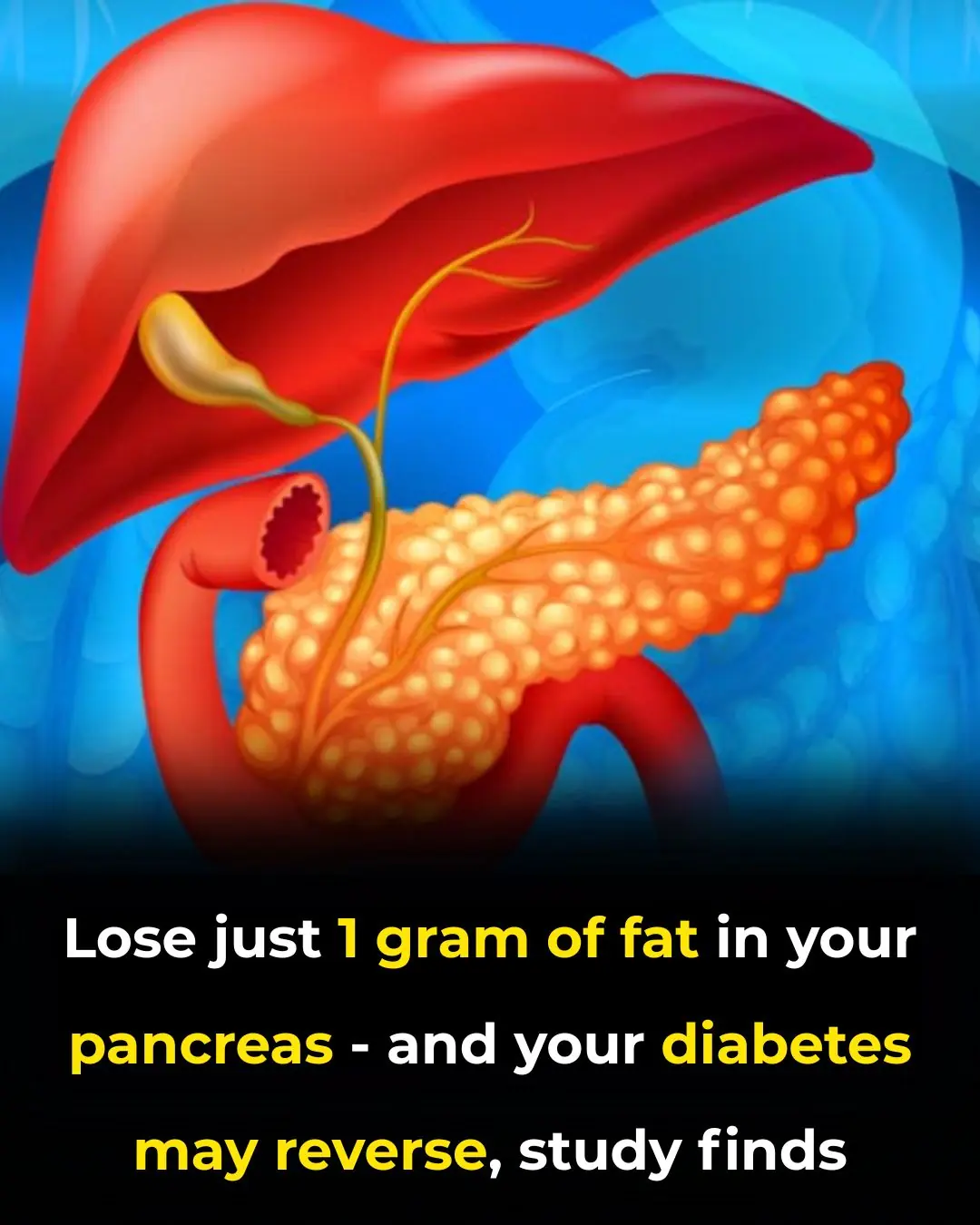
Losing Just 1 Gram of Fat In The Pancreas Will Have THIS Effect On Your Body

The best way to lower blood pressure fast!
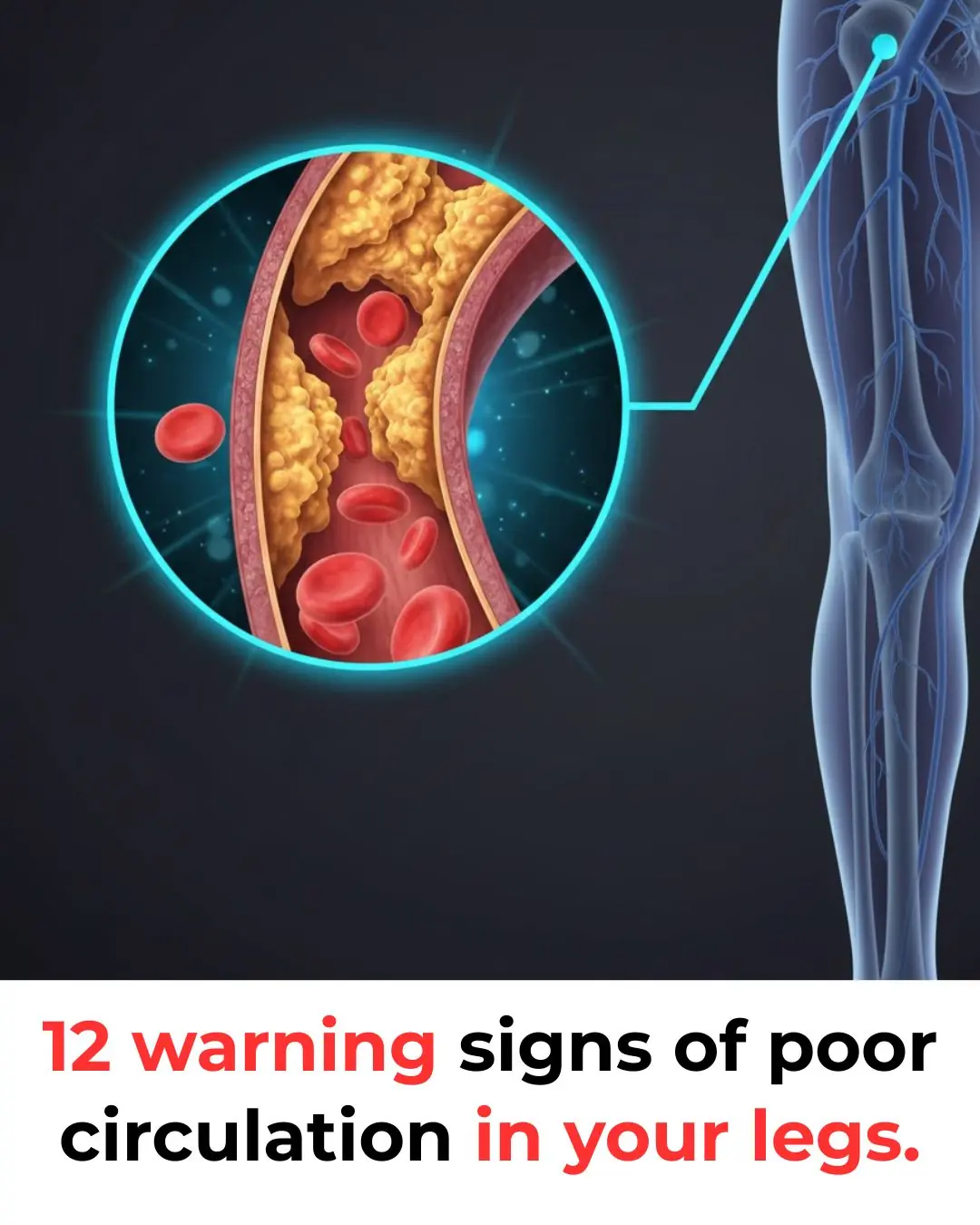
Top 12 Symptoms of Poor Blood Circulation in Legs
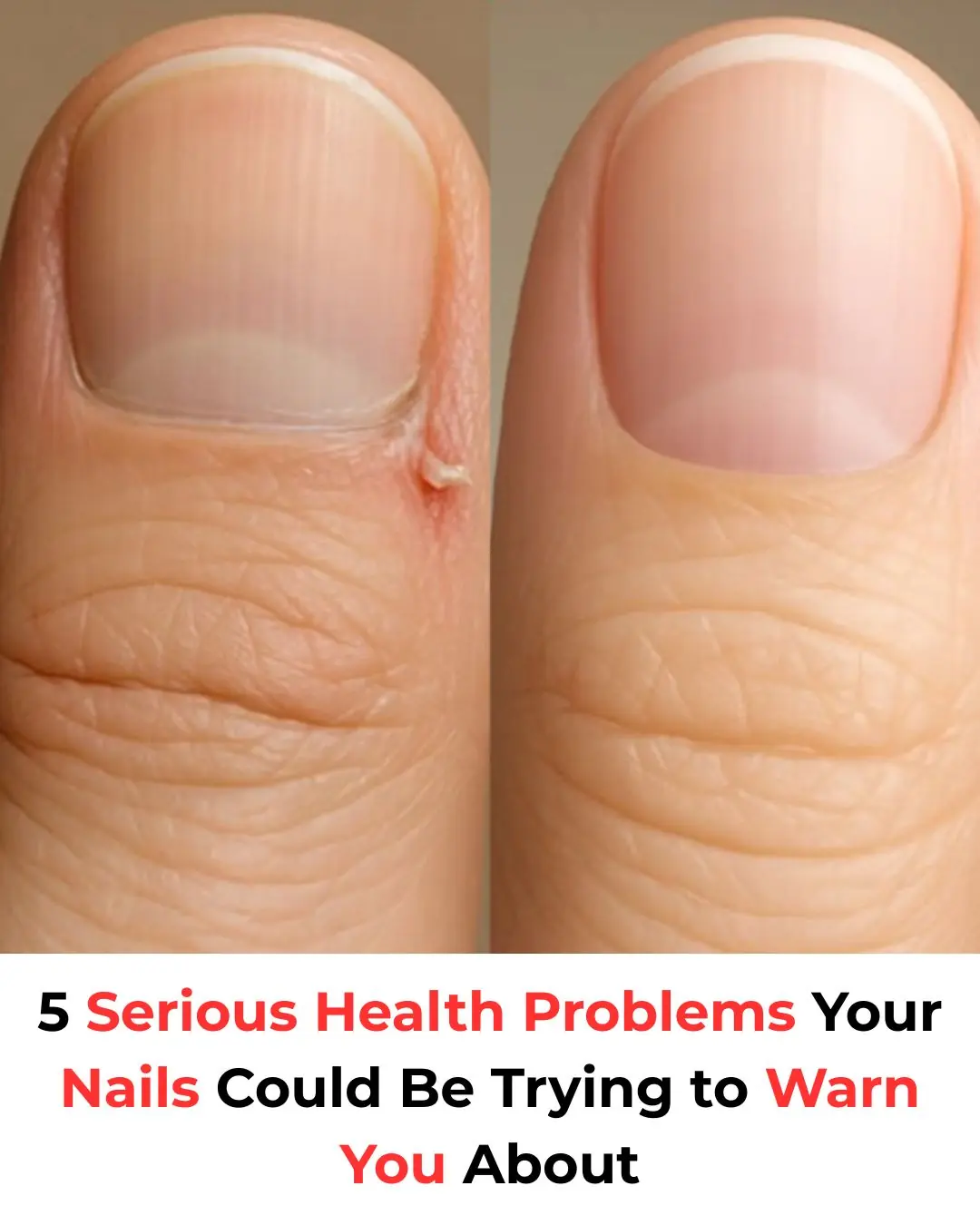
5 Serious Health Problems Your Nails Could Be Trying to Warn You About
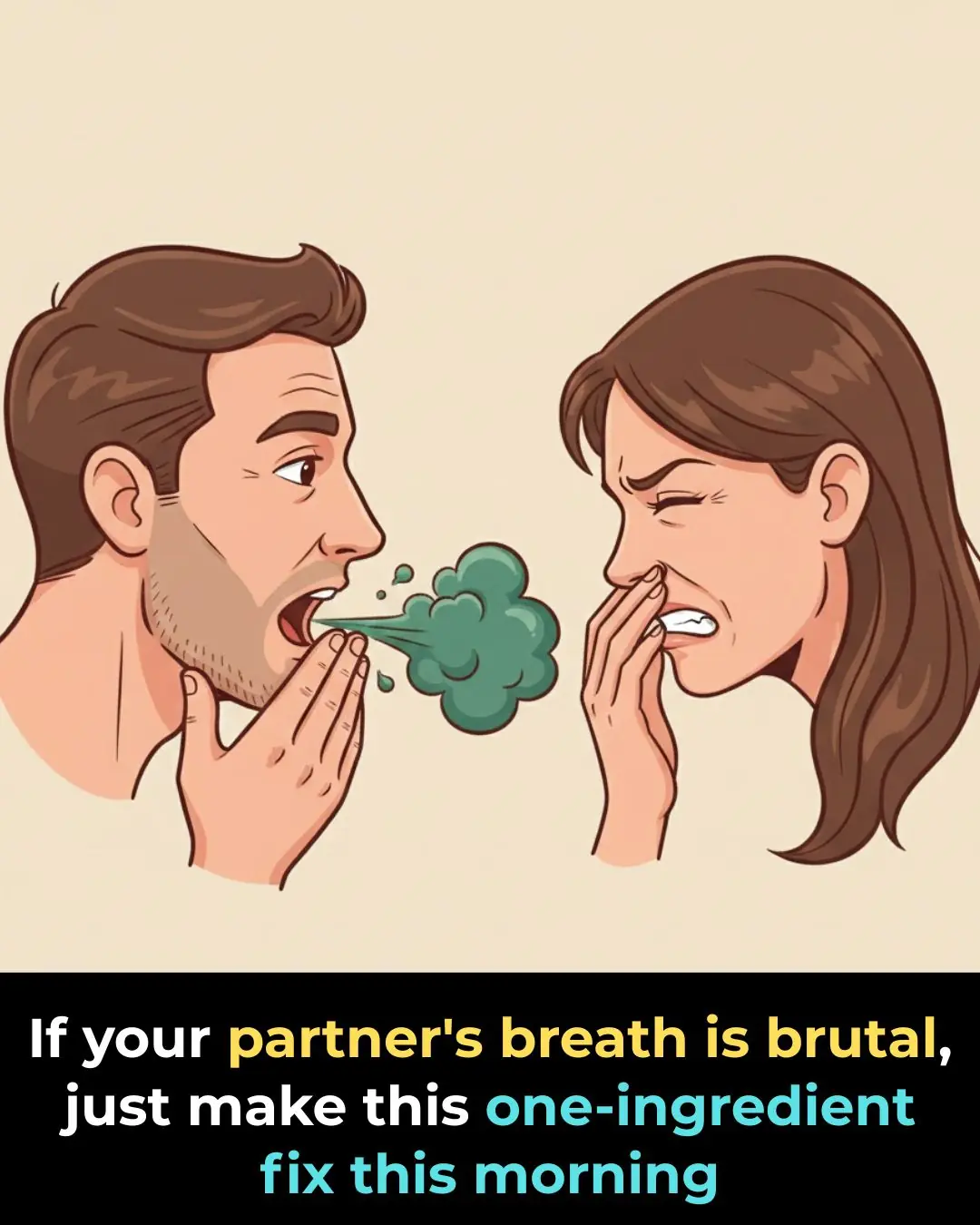
How to Get Rid of Bad Breath (Halitosis): Scientifically Proven Home Remedies

Got High Blood Pressure? Try This 2-Ingredient Tea!
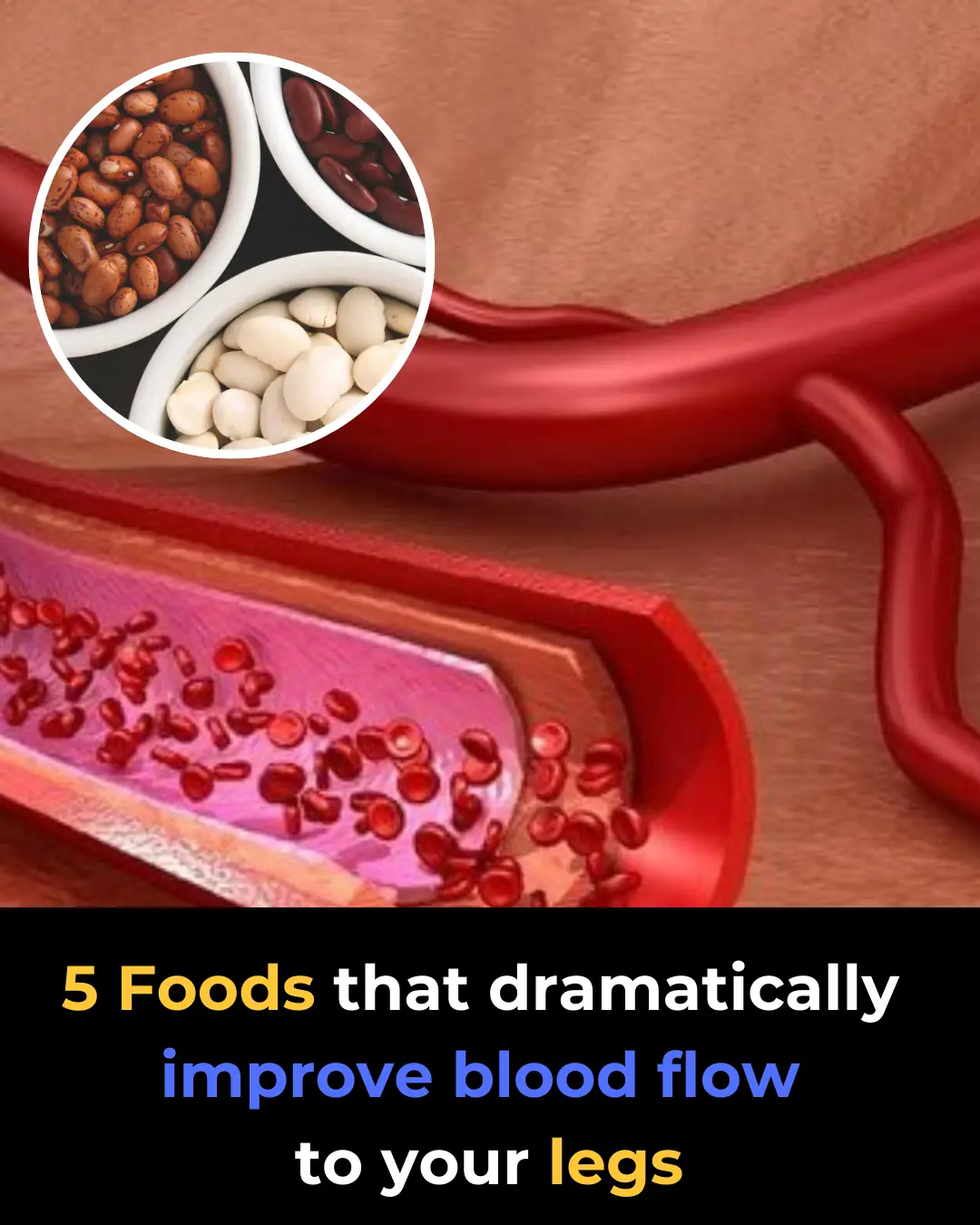
5 Foods That Dramatically Improve Blood Flow to Your Legs

Doctors warn: Statins may deplete vitamin K₂ and raise your risk of dangerous artery calcification

The step-by-step plan to drop 30 pounds quickly in 2025

7 Surprising Health Benefits of Cloves for Men
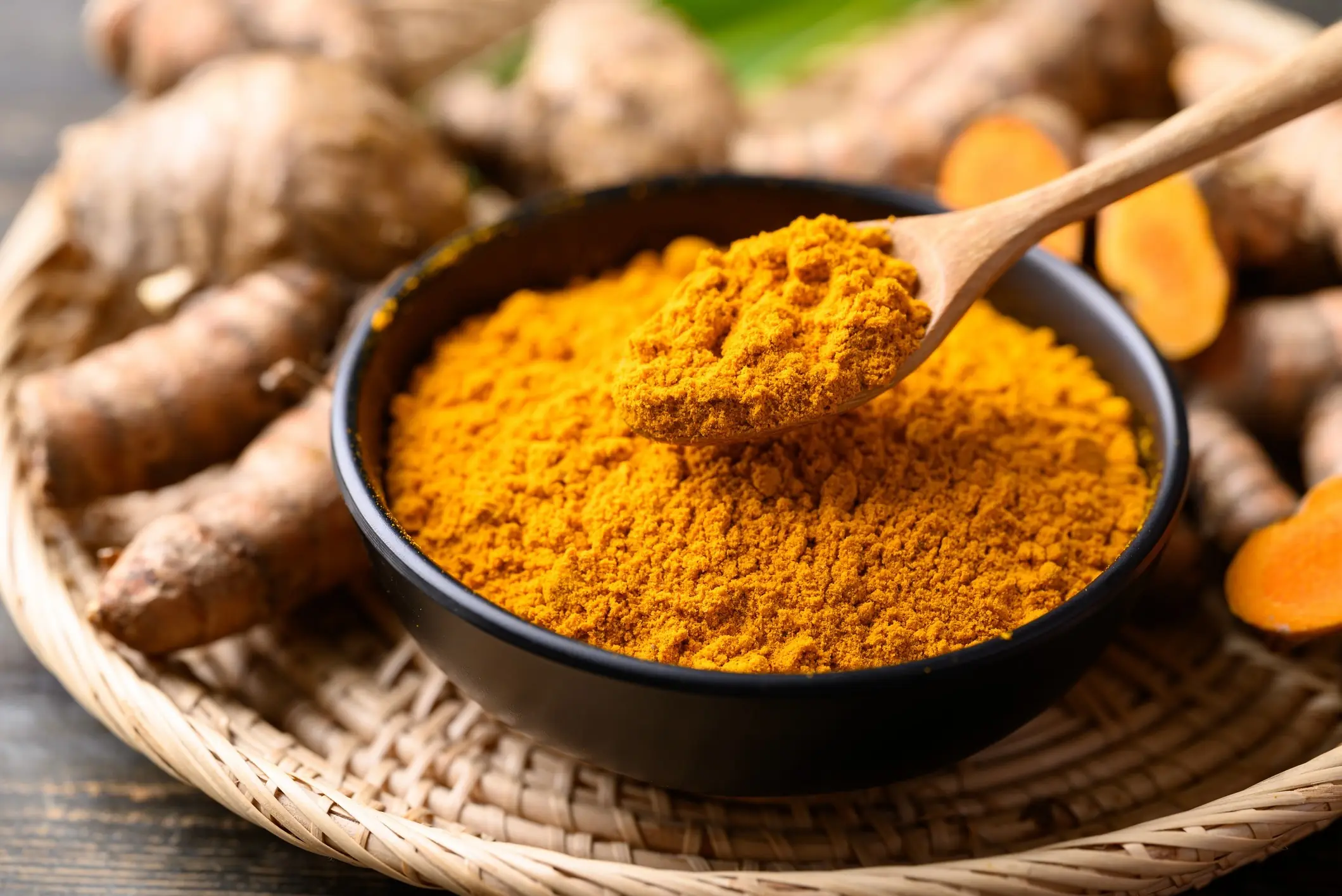
The Medicinal Powers of Turmeric That Doctors Rarely Mention
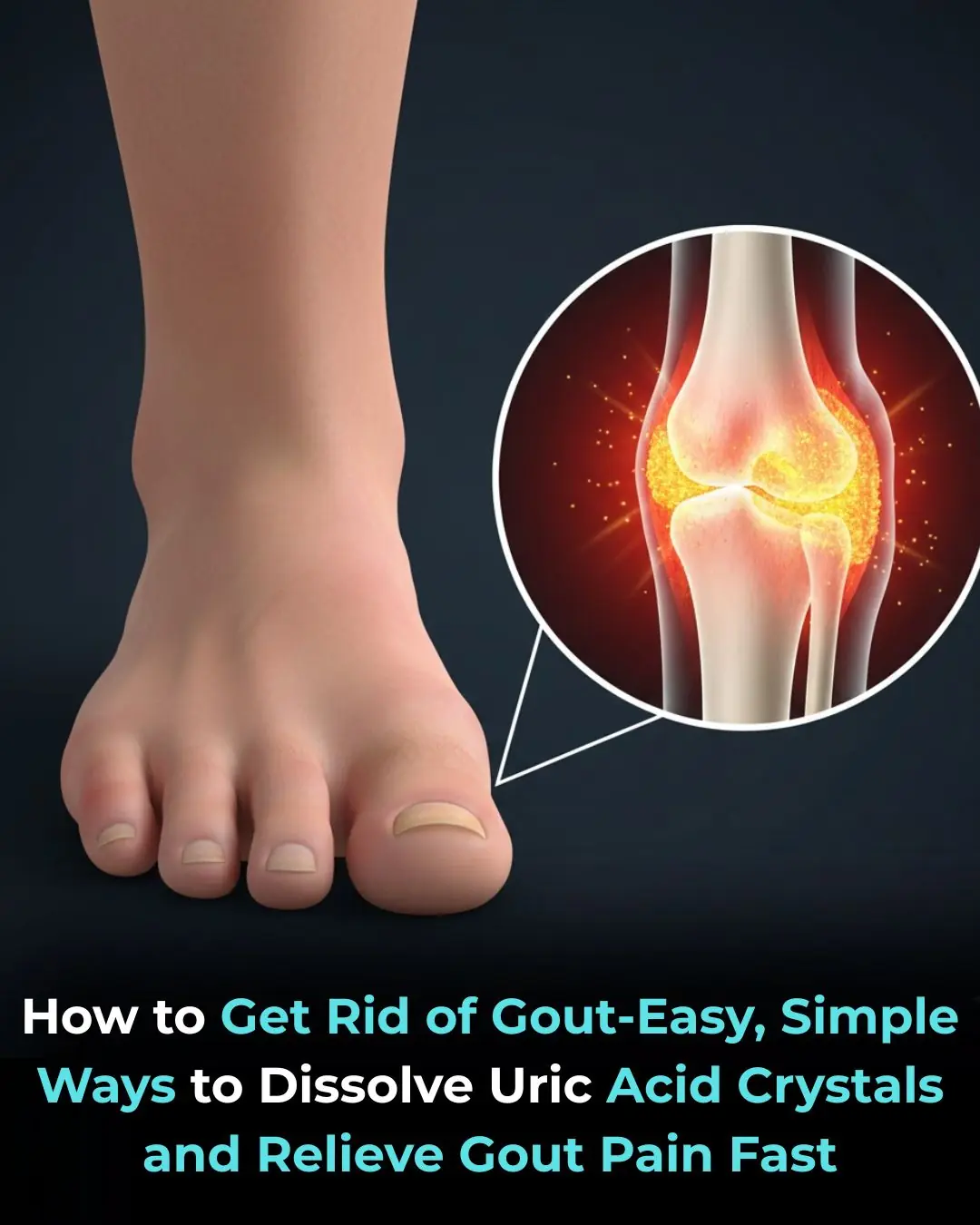
The Best Natural Gout Treatments: Remove Uric Acid Crystallization To Prevent Gout And Joint Pain

How to Tell If You Have Intestinal Parasites and What to Do About That

People Who Eat 3 Eggs Every Day Are Noticing This Crazy Difference

Why Your Hands or Arms Fall Asleep at Night and What To Do
News Post

Why Do We Get Shocked by Static Electricity

What Clearing the Table Says About You
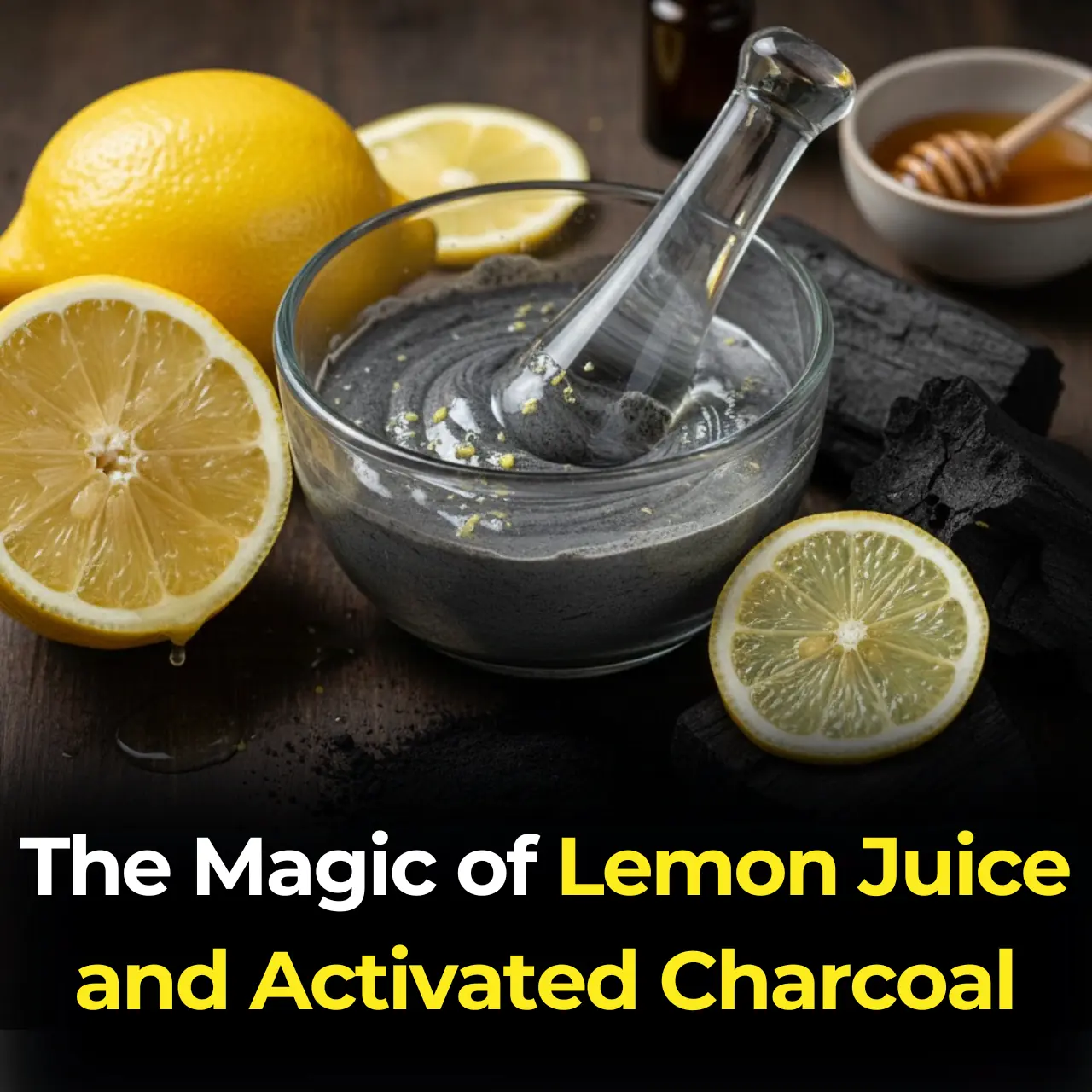
The Magic of Lemon Juice and Activated Charcoal: Natural DIY Solutions for Skin and Teeth

Improve Eyesight Naturally With Onion Tea: Benefits, Uses & How to Make It

Make your own biotin powder for glowing skin

Roll your feet daily—unlock rapid healing throughout your body!

Diabetes? Just boil these leaves to lower blood sugar (without medications)!

What is their purpose in doing so?

Meet Adrian Octavius Walker, the Photographer Whose Impact Extends From Ferguson to the Smithsonian
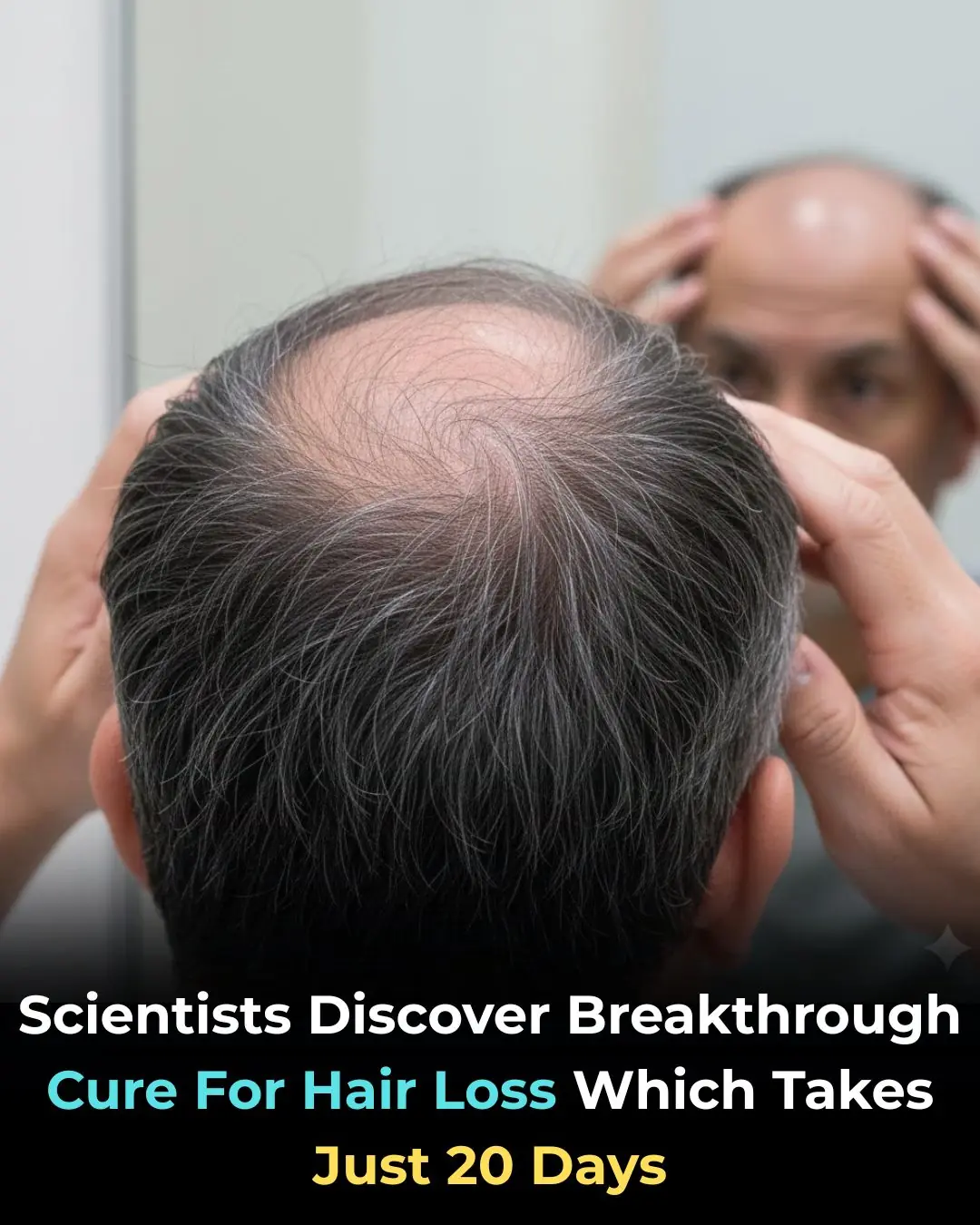
Breakthrough Hair-Loss Treatment
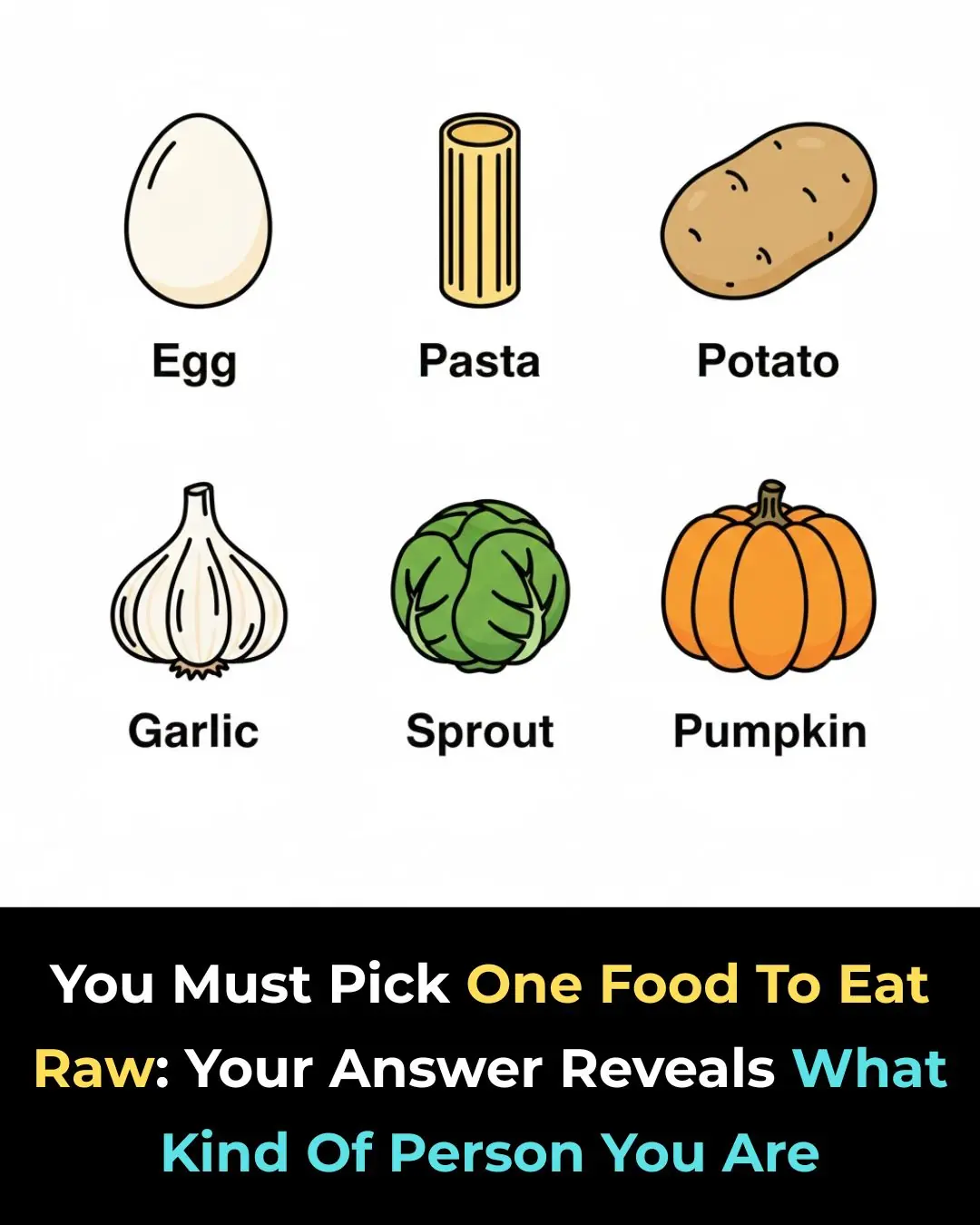
Which Raw Food Would You Eat

Barber’s Haircuts for Homeless Initiative Brings Participant to Tears

Oprah Winfrey Selects Tina Knowles’ Memoir ‘Matriarch’ for Book Club in a Tearful, Powerful Moment

Common Remembers The Time He Told Chance The Rapper To ‘Keep Following His Dreams’
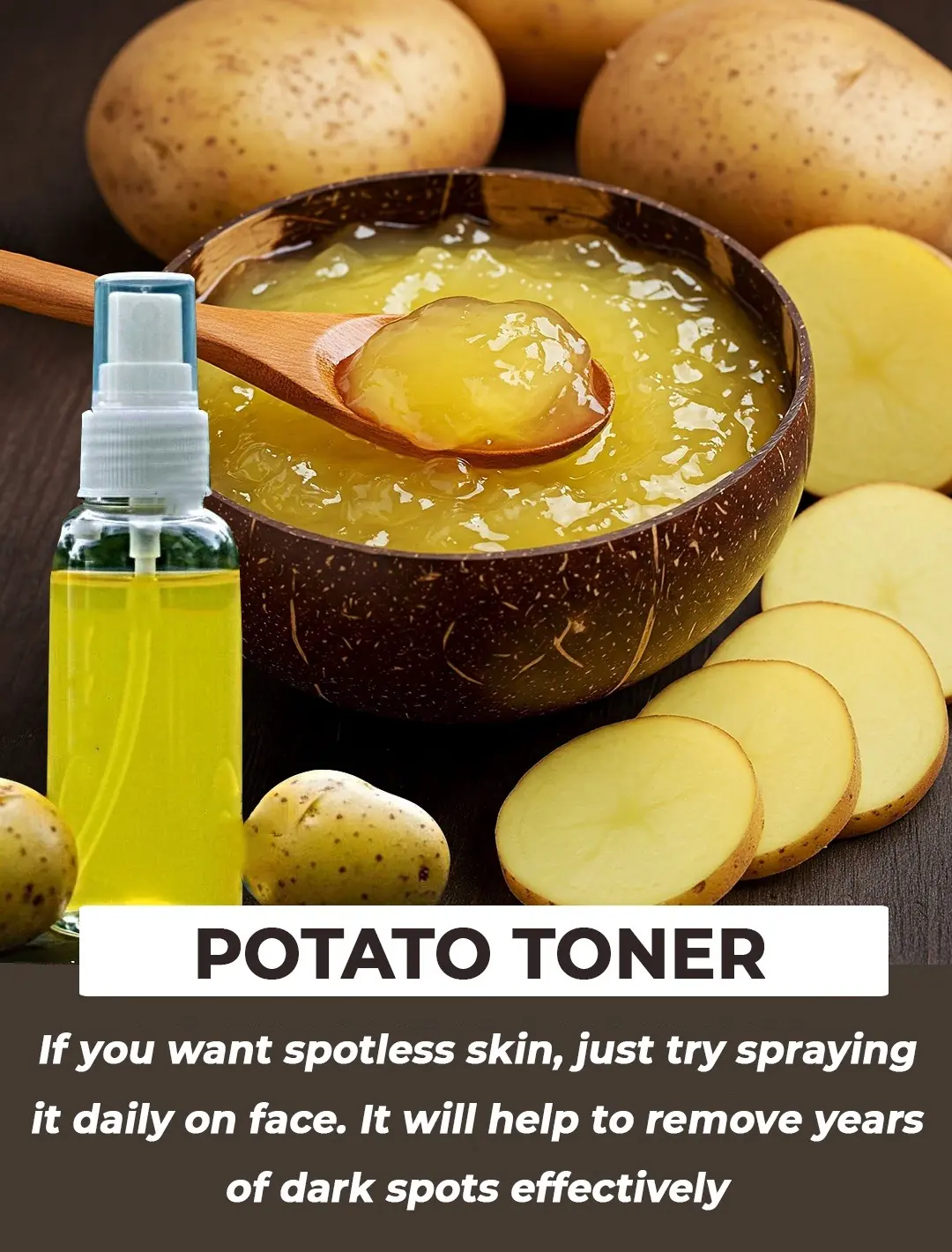
Potato Toner for Clear Skin, Dark Spots, and Pigmentation: A Comprehensive Guide to Restoring Your Natural Glow
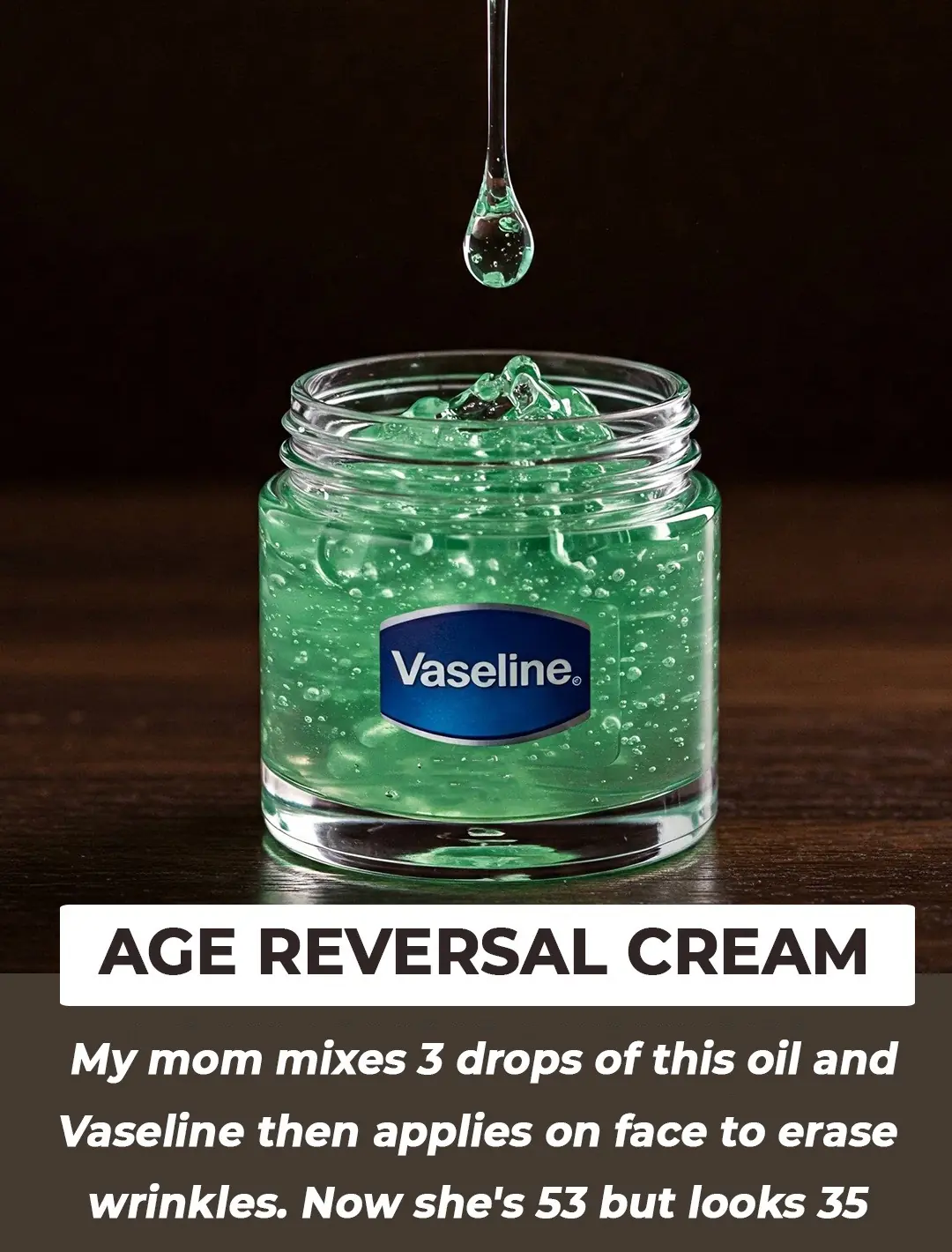
Add This Oil to Vaseline To Get Rid Of Wrinkles
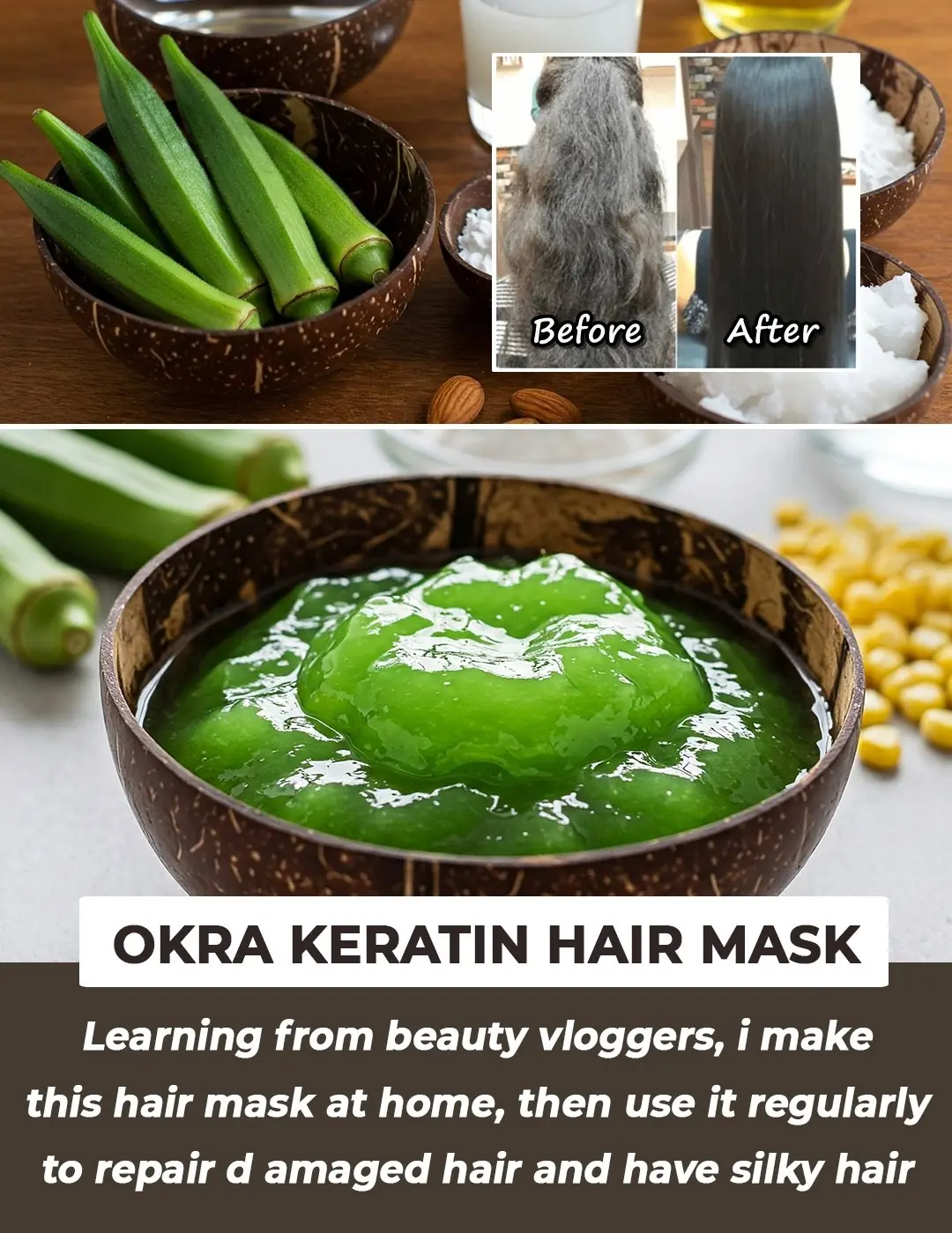
DIY Okra-Based Keratin Treatment for Silky, Strong Hair: Transform Your Hair Naturally At Home
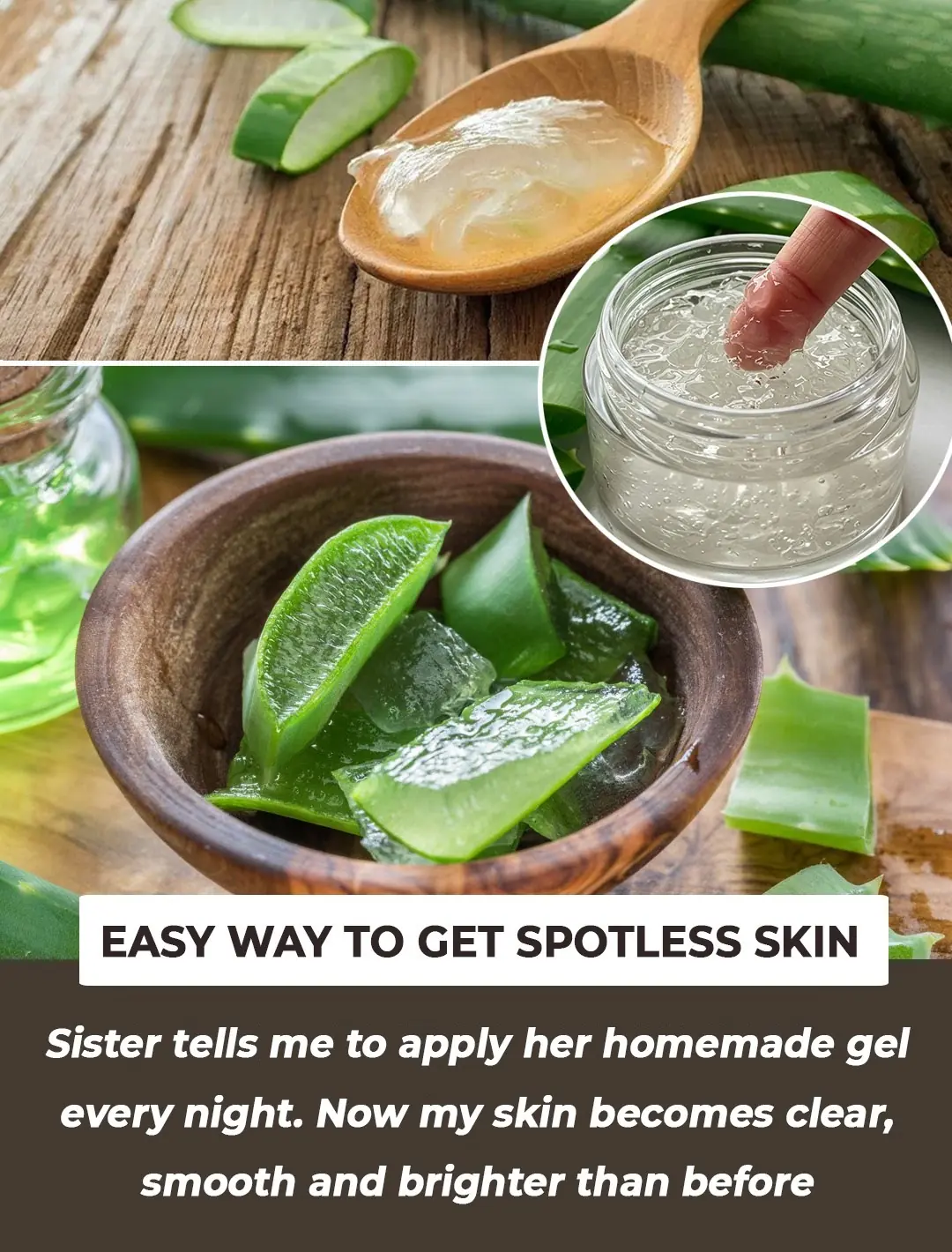
Homemade Aloevera Gel – How to Make Aloe Vera Gel at Home
